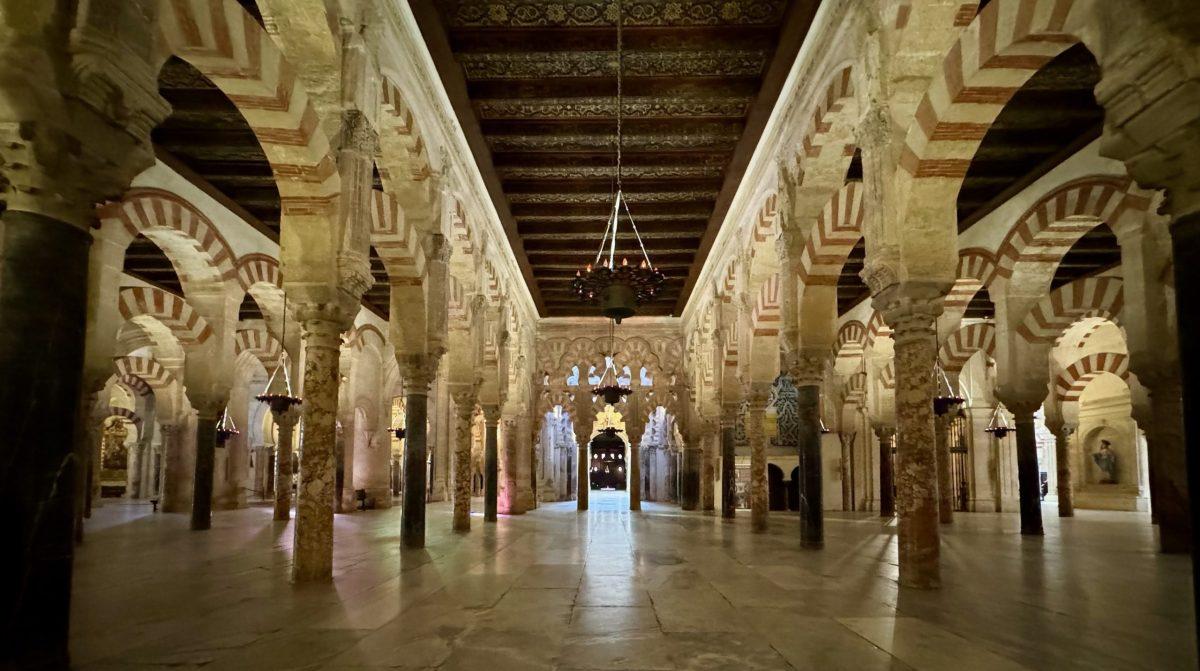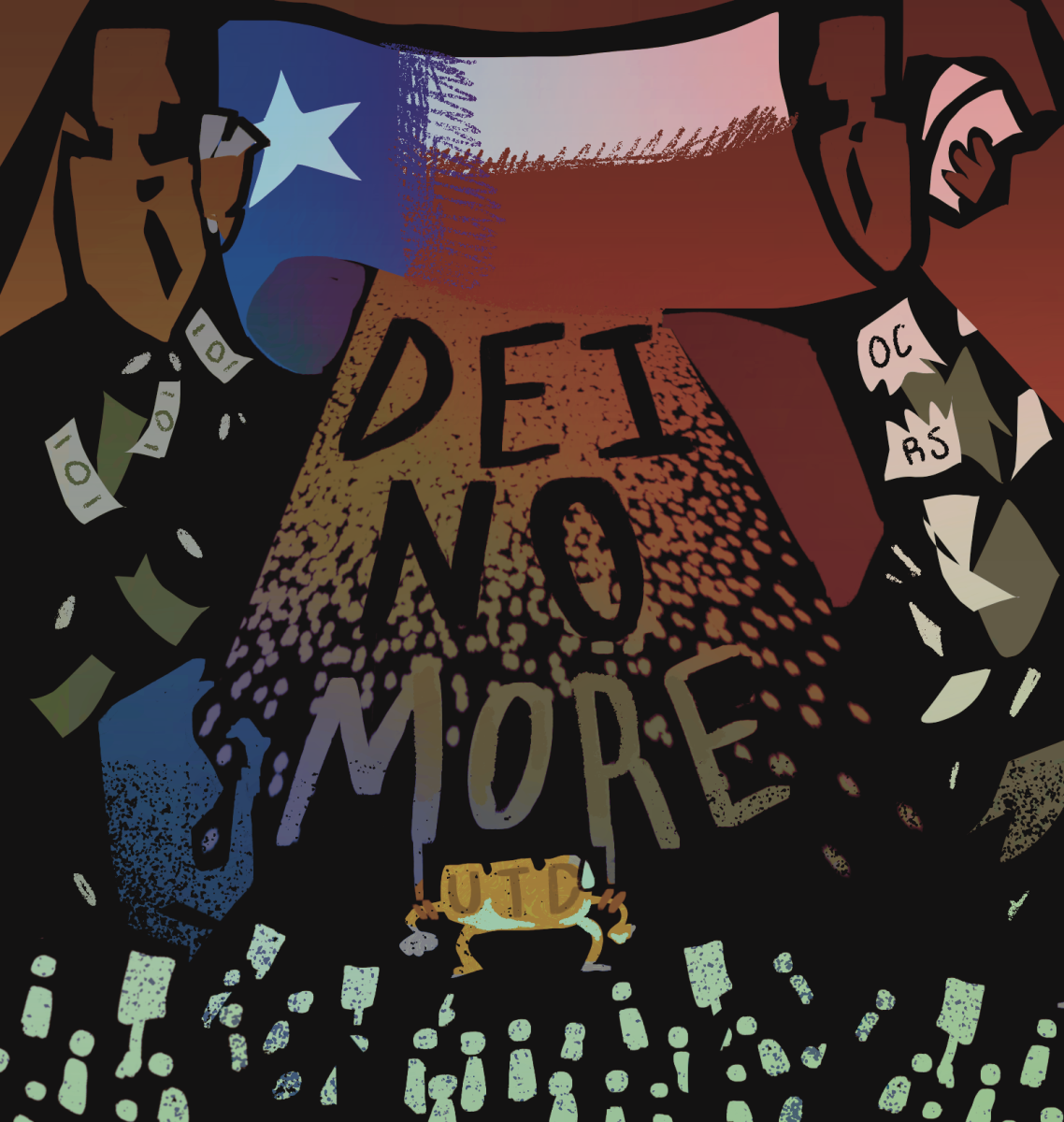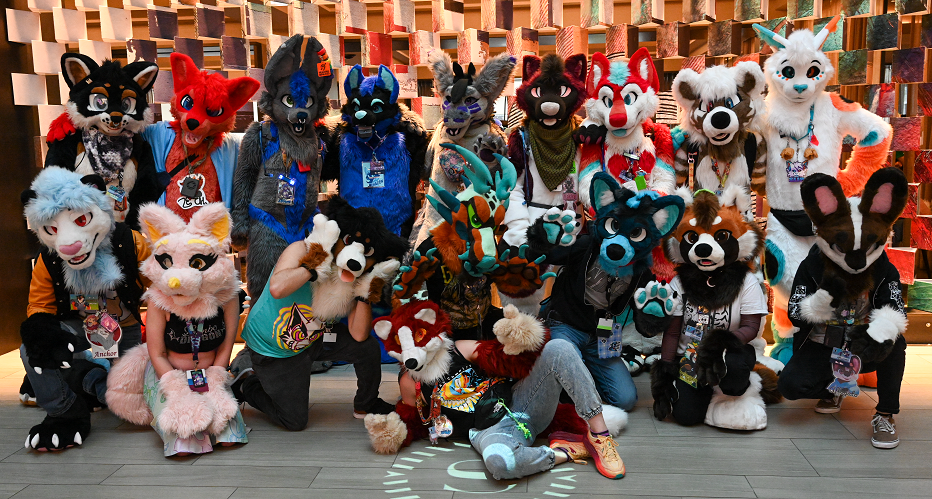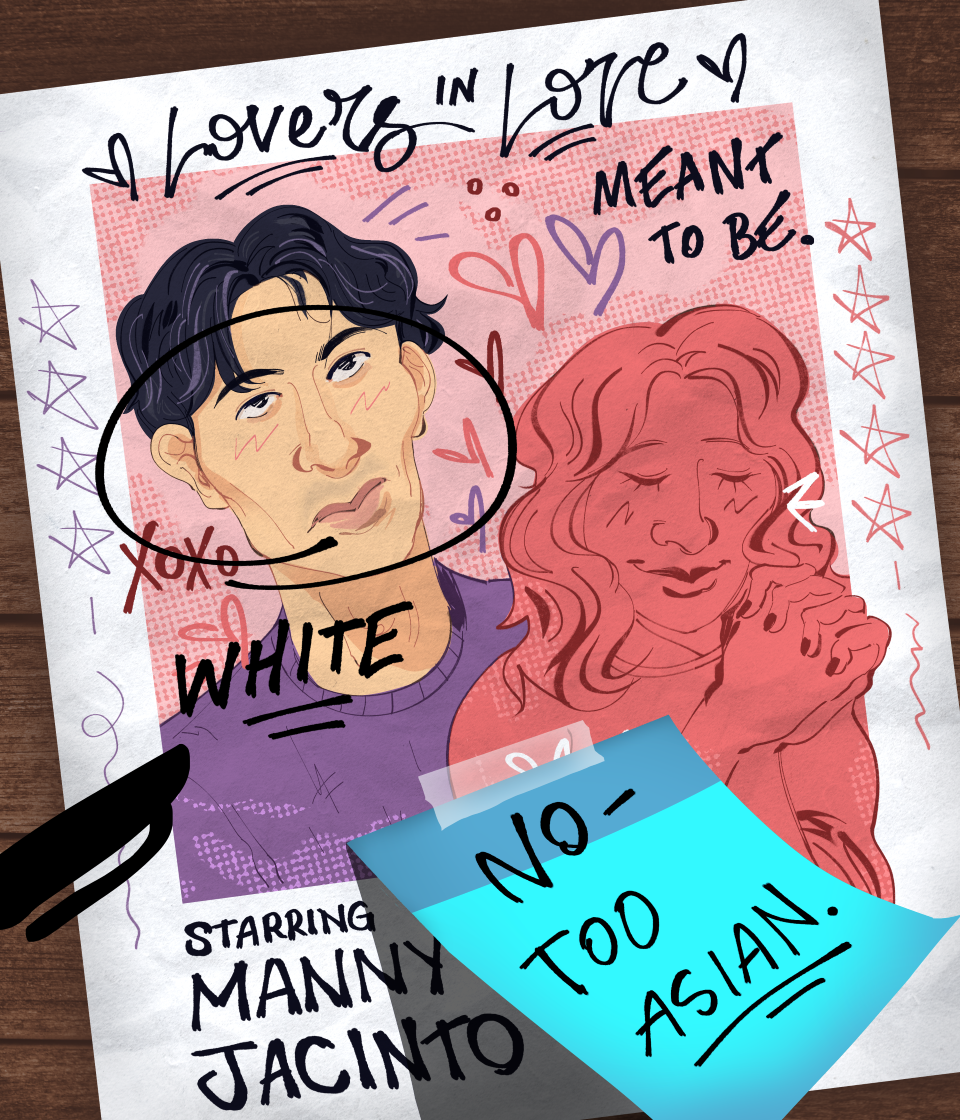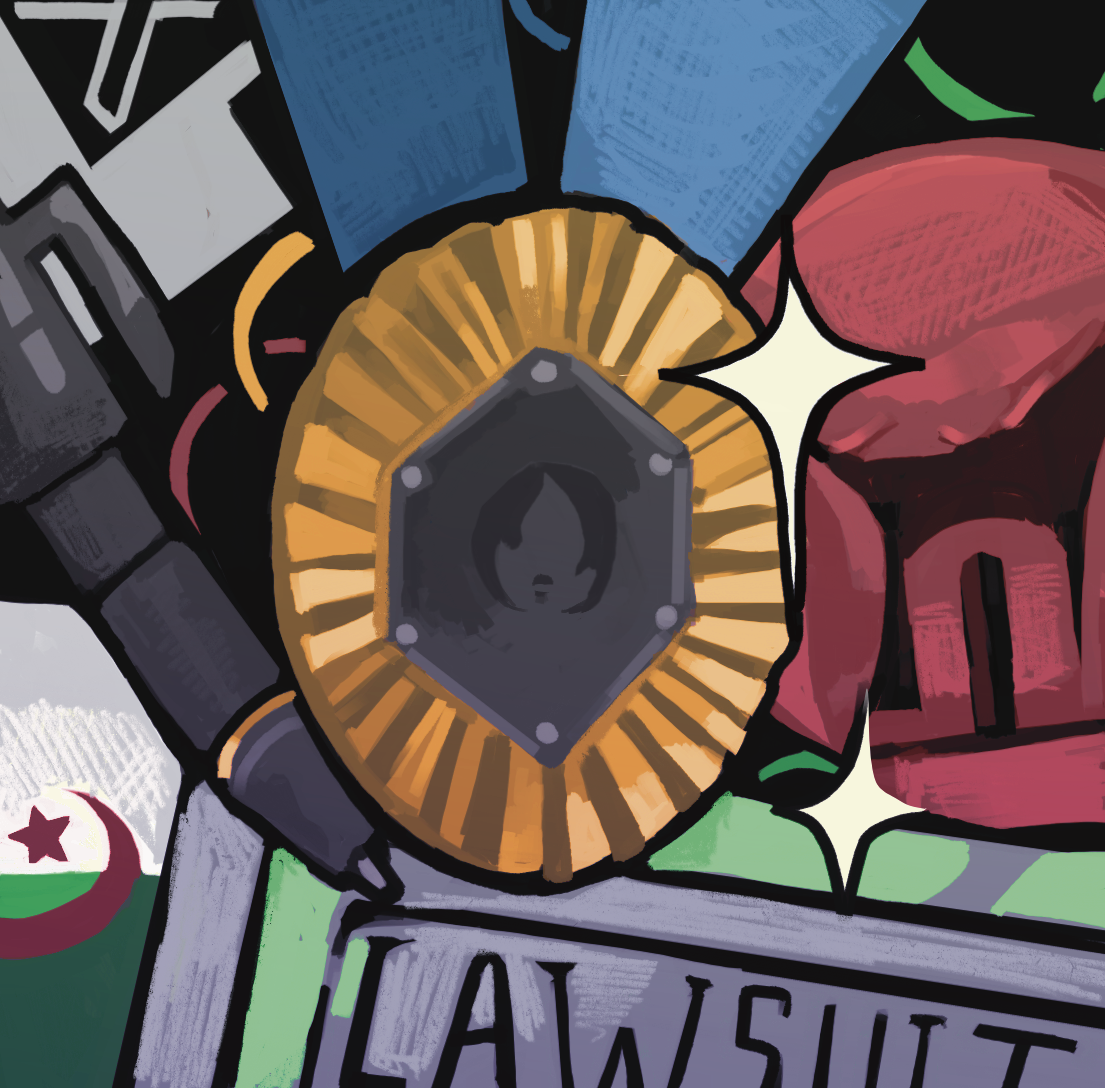As Gaza solidarity encampments pop up across the U.S., UTD’s own are among those protesting the involvement of their academic institution in what the International Court of Justice has called a “plausible genocide.” As Gov. Greg Abbott pushes for Texas to respond violently to campus protests while suppressing student activism through executive orders, it is the duty of UTD’s administration to protect the constitutional rights of students and the burden of the students to hold their administrators accountable in the face of egregious violations of supposed founding ideals of America.
Despite the very first amendment to its constitution ensuring the right of people to “peaceably assemble,” throughout history, the U.S. has routinely violated citizens’ right to protest through extreme forms of disproportionate violence meant to squash dissent. When West Virginian coal miners pushed for better working conditions in the 1920s, the U.S. government escalated the conflict by dropping bombs on its citizens. As peaceful civil rights activists demanded equal protection under the law throughout the 1950s and ’60s, they were met with widespread police brutality and lynchings. And most analogous to the current protests, when college students protested for an end to the Vietnam War in 1970 at Kent State University, they were attacked and killed by the National Guard and police officers. Now, students at Columbia, Yale and UT Austin face police violence, arrest and expulsion; hundreds face jail time after direct confrontations with police as some encampments are forcibly shut down — the complete shutdown of entirely peaceful demonstrations.
A coalition of pro-Palestine groups have called for UTD to “divest from death” by removing its investments from weapons manufacturers such as Lockheed Martin, Boeing and Raytheon. Students have also demanded that campus administration recognize the suffering of the Palestinian people in addition to official criticism of Israel’s actions in Gaza — which nations like South Africa have called an “extreme form of apartheid.” So far, administration has ignored demands for divestment, a call for a cease-fire and recognition of the particular suffering affecting Palestinians and has refused to acknowledge official resolutions passed by Student Government. UTD cannot claim to support free speech in campus policy if it decides to call in police to unjustly suppress students’ protests. It must resist the pressure from aggressive morally bankrupt leaders like Speaker of the House Mike Johnson and Abbott.
The solidarity protests developing across the nation draw on a strong legal history, which protects these types of political demonstrations. Over the decades, the Supreme Court has established standards about what is and is not protected under the free speech clause of the First Amendment — and attempts to infringe on these rights are constitutional violations. Tinker v. Des Moines (1969) established that “students do not shed their constitutional rights at the schoolhouse gate” by specifically protecting symbolic acts of speech — the wearing of black armbands — as a means to protest the Vietnam War. Cohen v. California (1971) protects the right of people to use certain words and phrases considered offensive when expressing a political message, specifically protecting an individual protesting the Vietnam War by openly wearing a jacket that said “Fuck the Draft.” And Texas v. Johnson (1989) protects one’s ability to engage in symbolic speech such as burning the American flag to protest the Reagan administration’s policies. These key cases, which still stand as good law and set the precedent for current constitutional interpretation, indicate that UT Austin’s actions in response to the nationwide encampments are abhorrent violations of the free and peaceful expression the student activists are engaging in. Students should not be arrested for engaging in peaceful political expression, and yet hundreds across the nation — including 57 at UT Austin — have been arrested, and while charges for some have already been dropped, all those detained now have the arrest on their background until they go through the expensive process of having a court expunge their records.
Currently, UTD has managed not to infringe on the constitutional rights of students, with events such as walkouts, Chalk the Block, poetry nights, and now the most recent sit-in within the Administration Building occurring without police brutalizing students. These events, while disruptive, are all lawful; Brandenburg v. Ohio (1969) set the standard that prohibiting demonstrations and speech can only happen if it would cause “imminent lawless action.” Peaceful protests, symbolic art and poetry are all constitutionally protected, while falling within the limits outlined by the Court, regardless of their goal and whether you personally agree with that message. This is echoed within UTD’s own policy, SP5001 §B.7, which states that making an argument about politics, religion, ideology or academic ideas is not harassment “even if some listeners are offended by the argument or idea.”
While UT Austin’s policy Sec.13-204 provides the same protections present in the UTD policy, their policy did nothing to stop university administration from calling in troopers from the Texas Department of Public Safety to violently end the peaceful protest — a protest whose itinerary included abominable criminal acts like studying, a pizza break and art workshops. Over 50 individuals were arrested as Texas brutally ended the walkout Wednesday. Students weren’t the only target of DPS troopers’ assault which beat protesters into submission, as a Fox 7 reporter covering the walkout was arrested and charged with criminal trespassing — the main charge UT Austin pursued before Travis County dropped all 57 charges because of their complete lack of standing. There is nothing stopping UTD from following in Austin’s footsteps, except for student pressure on administration to ensure they remain accountable.
Even after 54 years, the killing and arrest of student activists, which occurred during the Kent State massacre, continues to live within the American consciousness, and this week has seen an unacceptable upsurge in similarly violent action taken against peaceful demonstrators who simply want their schools, to which they pay thousands of dollars in tuition, to stop supporting a “plausible genocide.” If even the International Court of Justice and the United Nations — incredibly slow-moving organizations that normally struggle to acknowledge issues — are willing to recognize the crisis as a “plausible genocide,” then you know Israel is doing something atrocious to the Palestinian people as it continues to occupy Gaza.
This academic year has already seen UTD administration remove the Spirit Rocks and end OCRS, threatening students’ free expression and safety — students should continue working together en masse, by organizing protests and emailing Benson about their issue with how other campuses have handled protests, to ensure their fundamental rights to demonstrate are not trampled on as well, should UTD follow in the footsteps of campuses around the country. The UTD administration must ensure students can continue safely engaging in their constitutionally guaranteed right to assembly. So listen up administrators: the nation — and Comets — are intently watching what happens next.



